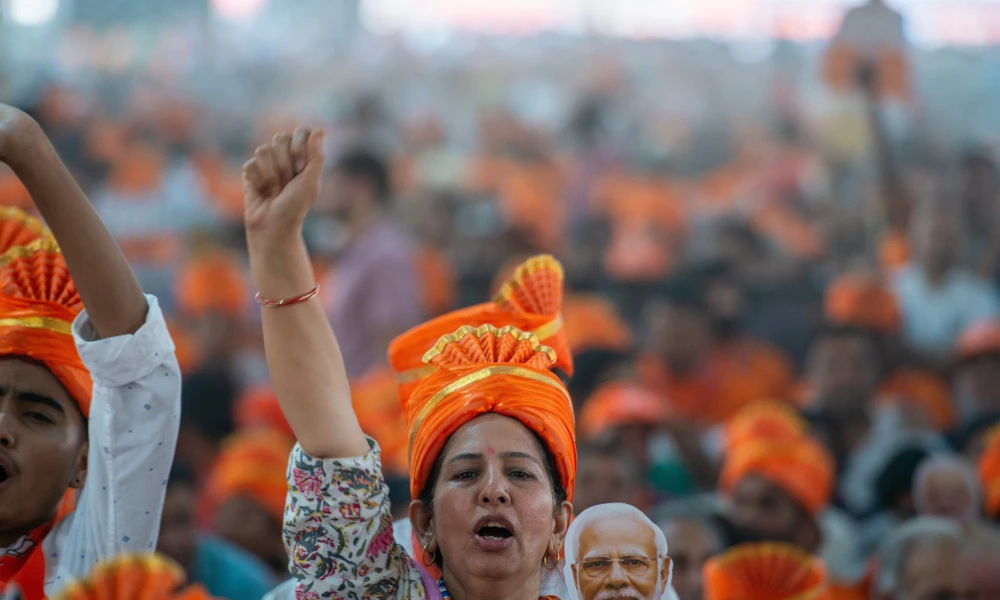The 2024 Indian election stands as the largest in world history, with nearly 1 billion eligible voters poised to participate. Orchestrating such a monumental election presents immense challenges, particularly in a middle-income nation where poverty remains widespread. With a plethora of parties on the ballot, various societal fault lines such as caste, religion, language, gender, and wealth play pivotal roles in shaping voter decisions. However, at its core, this election revolves around one pivotal issue: Prime Minister Narendra Modi’s ambitious agenda to reshape the Indian state, which poses significant challenges to democracy.
The Indian electoral process, a remarkable feat since the nation’s independence from British rule in 1947, is renowned globally for its logistical complexity. Despite India’s vast rural areas lacking basic amenities like electricity and running water, the nonpartisan Election Commission has consistently conducted well-regarded elections. Spanning from April 19 to June 1, the 2024 election consists of seven stages, with results expected on June 4. In India’s parliamentary system, control of the prime minister’s office is determined by majority vote in the Lok Sabha, the lower house of the legislature. Thus, while voters directly elect local members of Modi’s Bharatiya Janata Party (BJP) or its rivals, Modi’s leadership remains central to this election, as he seeks an unprecedented third term.
Since assuming office in 2014, Modi has pursued an agenda aimed at fundamentally reshaping India’s identity. Post-independence India has been formally secular, but Modi’s ties to the Rashtriya Swayamsevak Sangh (RSS), a Hindu nationalist organization, have fueled efforts to promote Hindutva ideology, viewing India as a Hindu state. Modi’s tenure has witnessed the realization of longstanding Hindutva goals, including discriminatory citizenship laws and curtailment of rights in Muslim-majority regions. Additionally, Modi’s administration has taken drastic measures to undermine democratic institutions, including the repression of opposition leaders and the media, as well as international efforts to silence critics.
Despite the likelihood of a third term for Modi, the election’s outcome remains significant. While the BJP is expected to secure a majority, the margin of victory holds substantial implications for India’s future. A two-thirds majority would enable constitutional amendments, while a more extensive victory would signal a broad popular mandate for sweeping changes. Conversely, a shortfall in BJP’s goals or even a loss of seats could potentially slow Modi’s assault on Indian secularism and democracy. Ultimately, the central question of this election revolves around the extent of power entrusted to one of the world’s most controversial authoritarian leaders.
